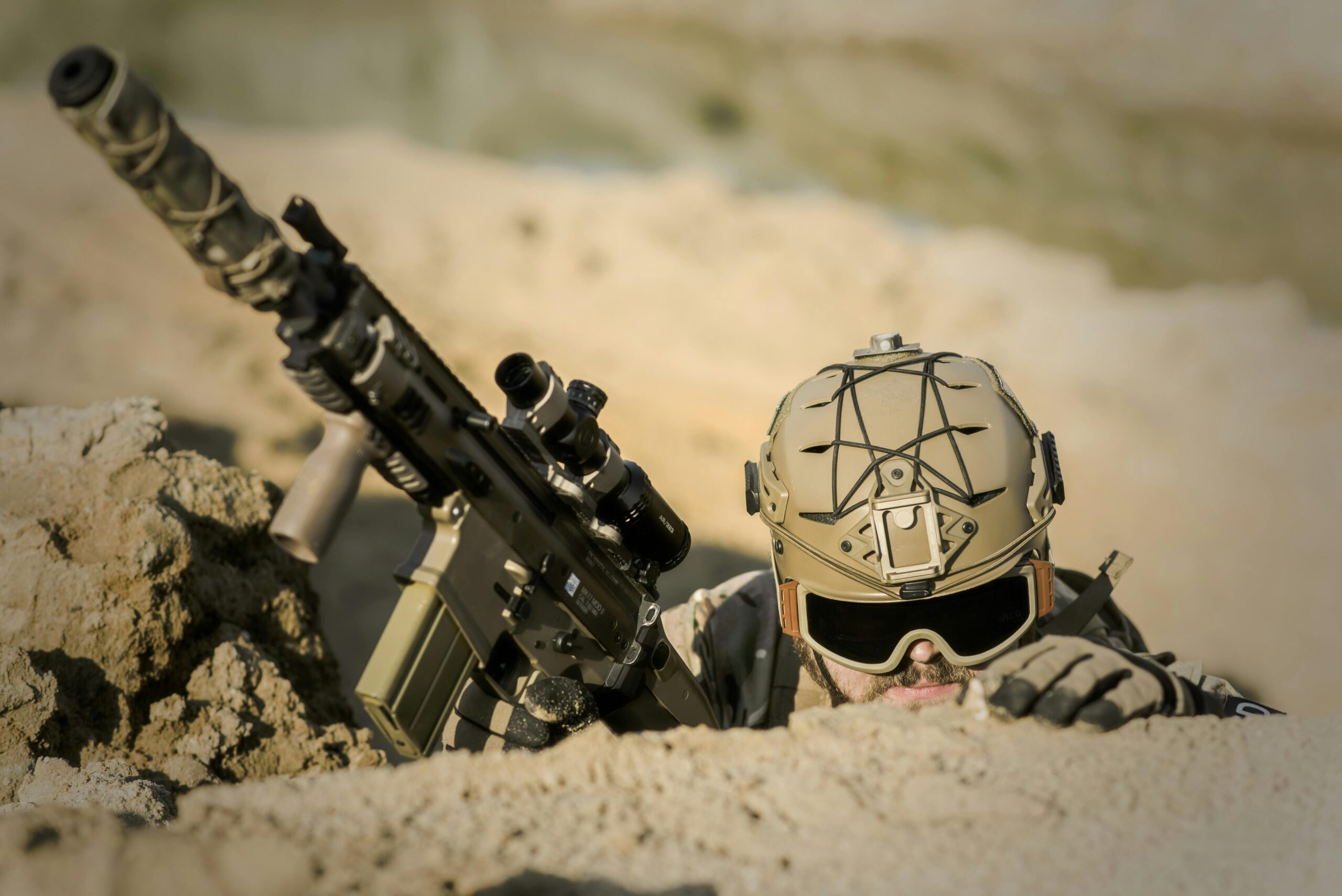
In a significant move, the European Union has for the first time directly funded joint procurement of weapons by member states, including air defense systems, armored vehicles, and artillery ammunition. This €300 million initiative will allow groups of up to 9 EU countries to collectively acquire equipment, some of which will then be provided as military aid to Ukraine.
The decision represents the EU’s growing role in bolstering the defense capabilities of its member states, as well as its commitment to supporting Ukraine against the ongoing Russian invasion. European Commission Vice-President Margrethe Vestager described the move as “importantly increasing our support to Ukraine with additional defense equipment.”
However, the EU has faced criticism for falling short of its previous pledge to supply Ukraine with a million artillery shells by the end of March 2024. The EU’s foreign policy chief, Josep Borrell, has vowed that this goal will be reached before the end of the year.
The joint procurement effort comes as the conflict in Ukraine continues unabated. Russian forces have maintained attacks on the strategic port city of Odesa, striking a residential building, damaging a heating plant, and disrupting a pipeline. Local officials condemned the “terrorist act” against civilian infrastructure.
Meanwhile, exiled Russian opposition figures are planning an anti-war, anti-Kremlin demonstration in Berlin this weekend. The rally, organized by prominent dissidents like Yulia Navalnaya, aims to showcase that there is “another Russia” opposed to the militaristic policies of President Vladimir Putin. However, the opposition leaders acknowledge a lack of a clear plan to end Putin’s 24-year rule.
Elsewhere, tensions continue to simmer between the West and Russia’s allies. NATO and the EU are pressing China to use its influence to stop North Korea from providing support, including troops, to Russia’s war effort. This comes as the North Korean leader, Kim Jong-un, has ordered the “mass production” of attack drones, further raising concerns.
The EU’s expanded military aid, alongside the ongoing diplomatic and economic pressure on Russia and its allies, reflects the West’s multifaceted approach to supporting Ukraine and countering Moscow’s aggression. However, challenges remain, both in sustaining military assistance and navigating the complex geopolitical landscape.

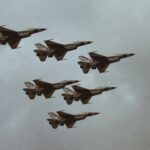

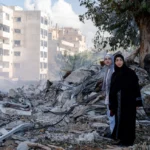

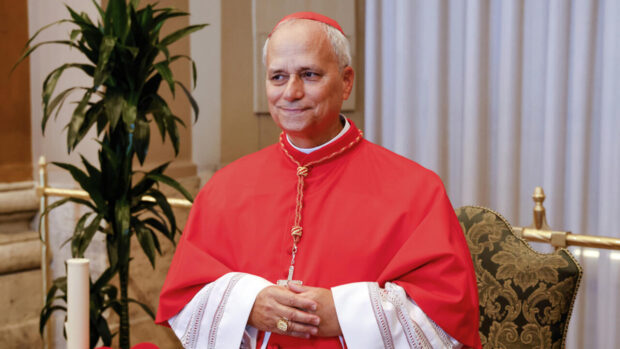
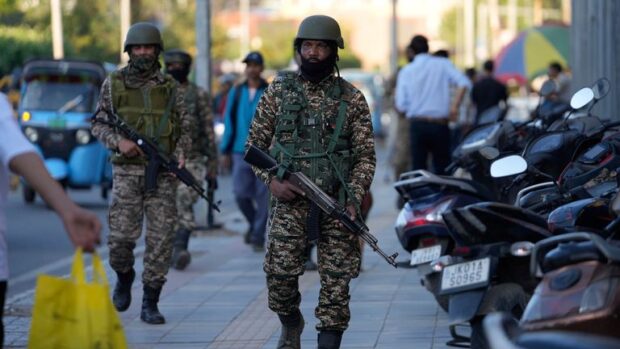


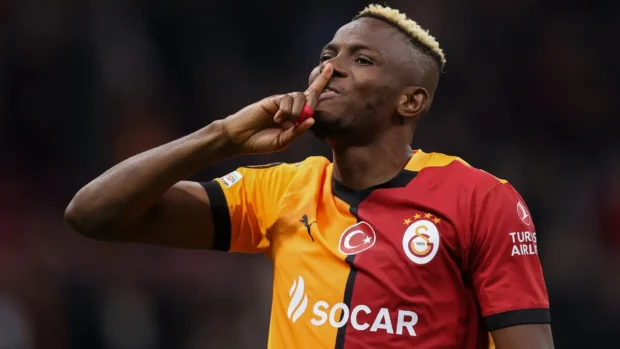
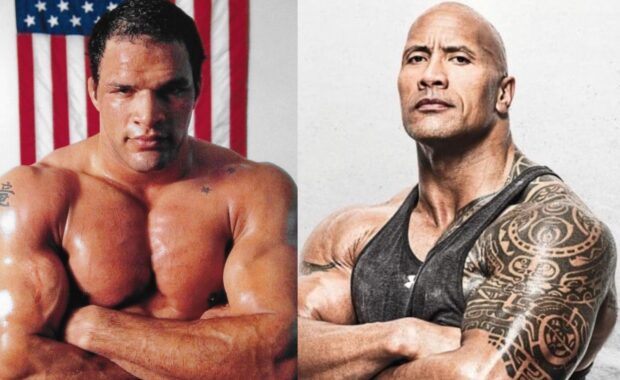


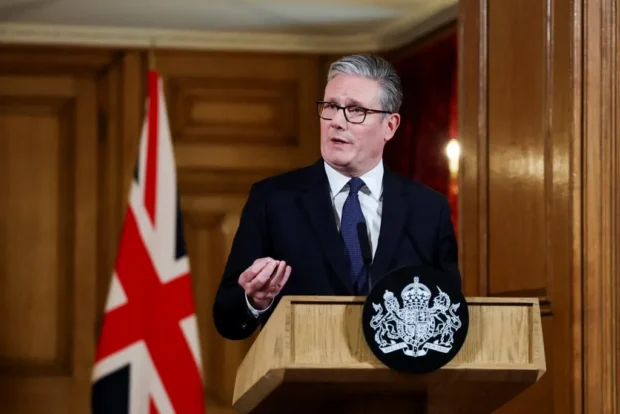
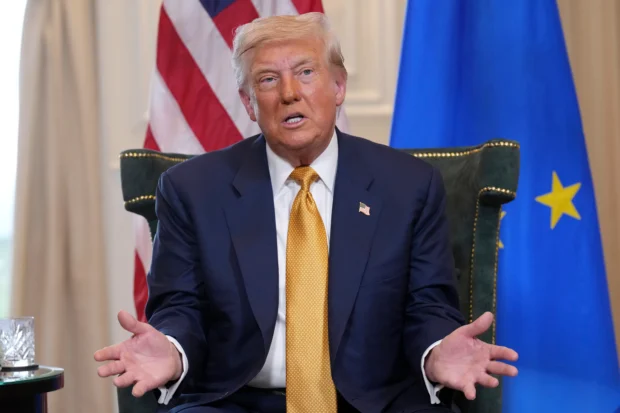


Be the first to leave a comment